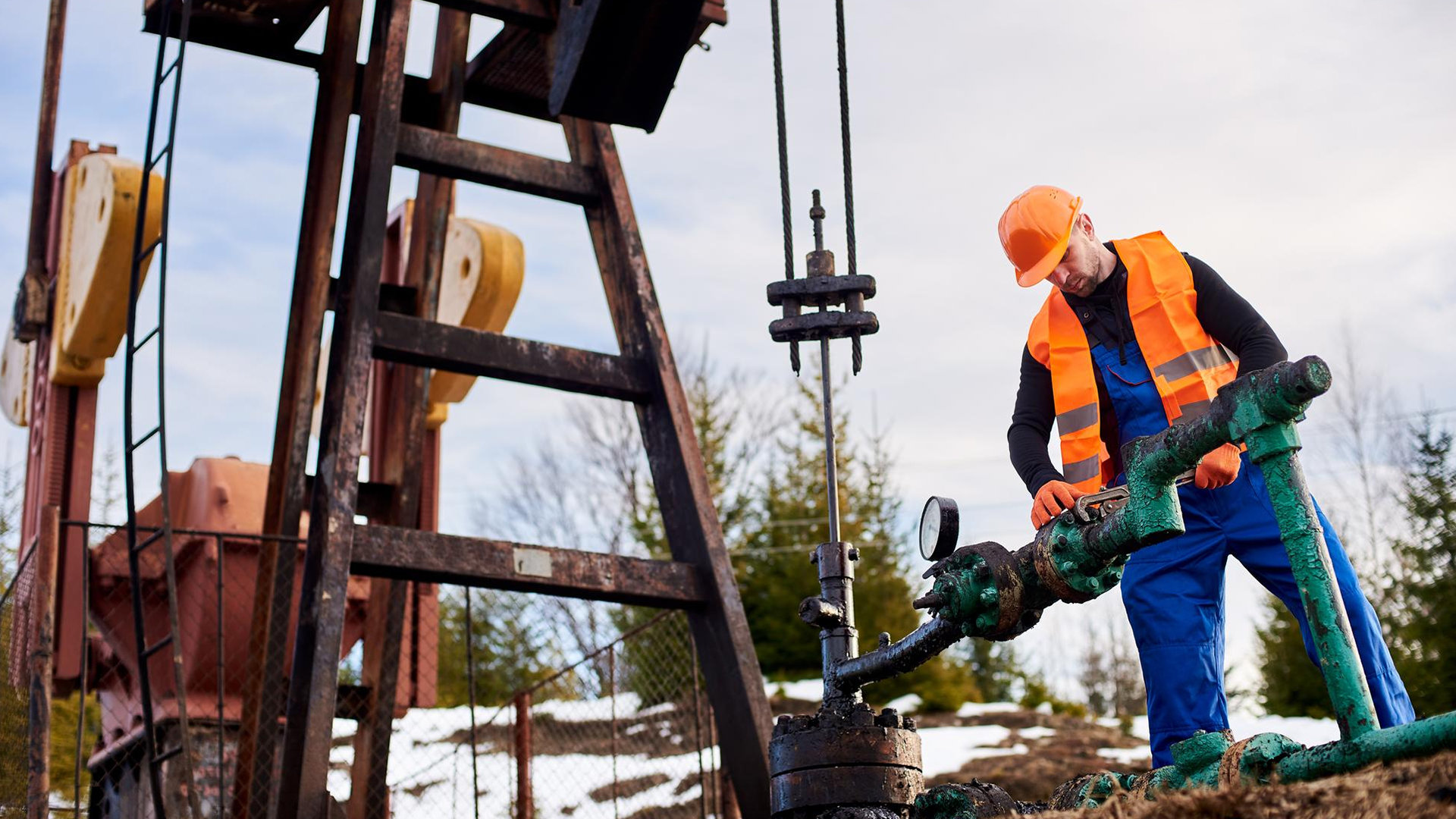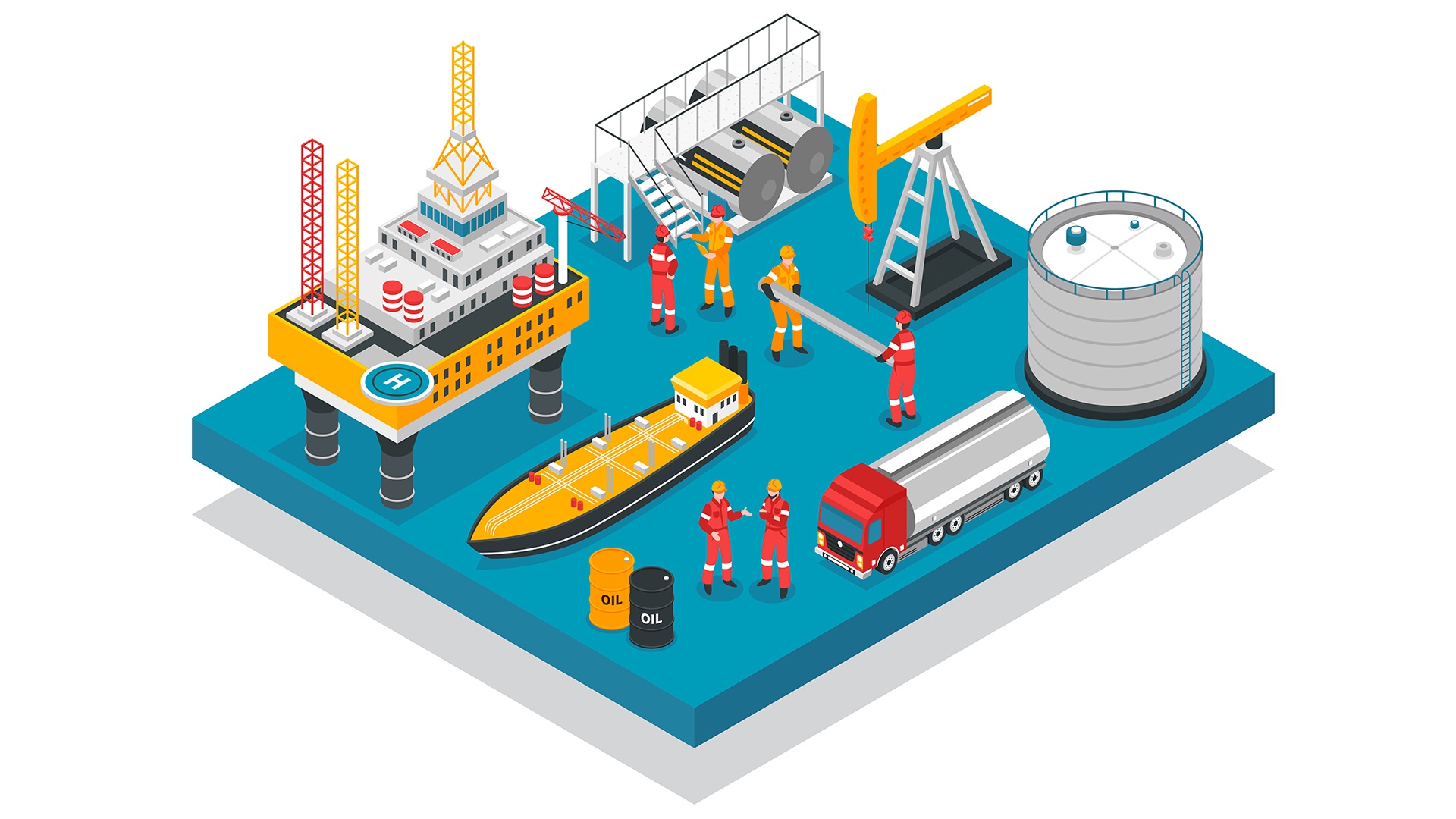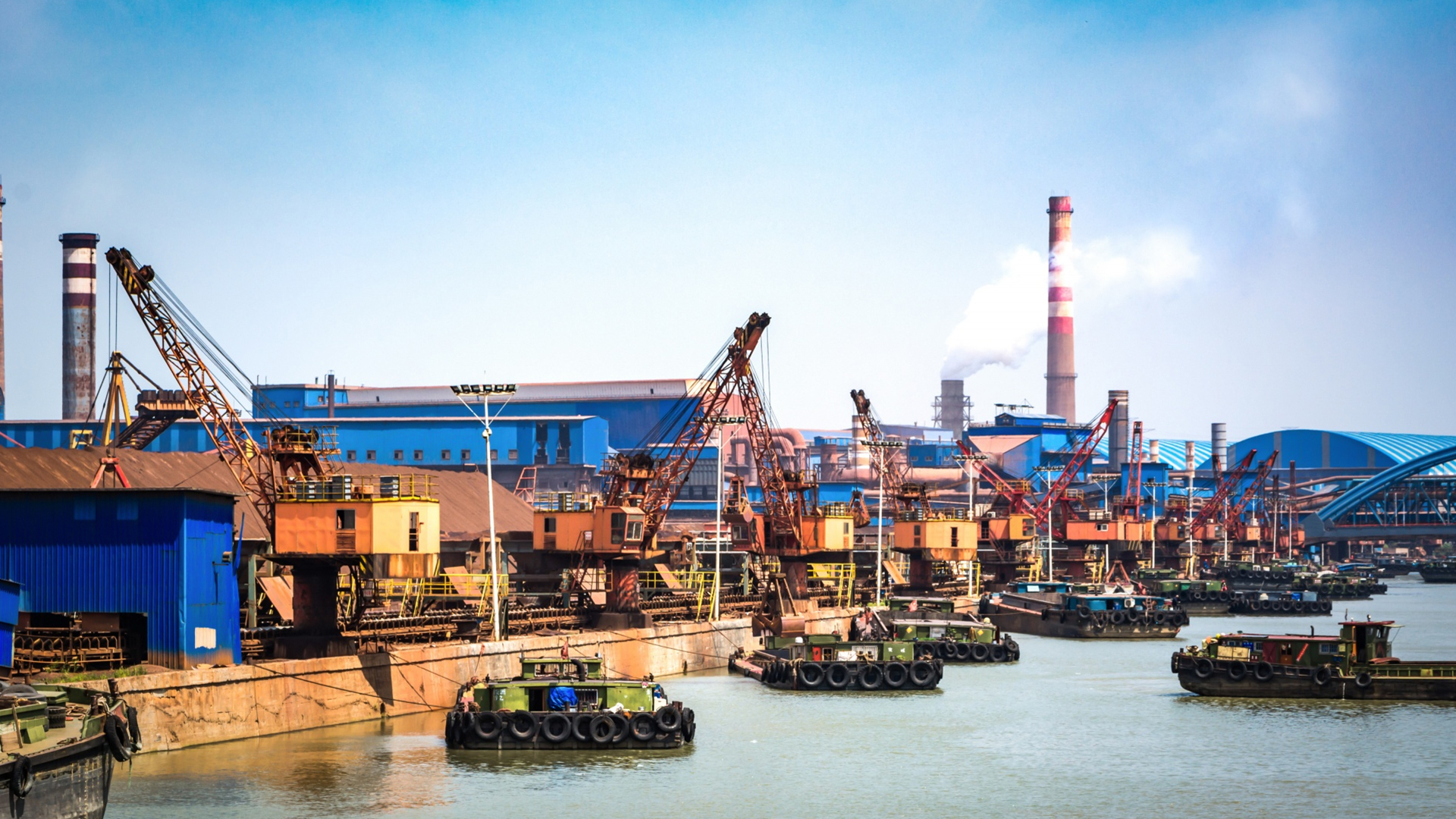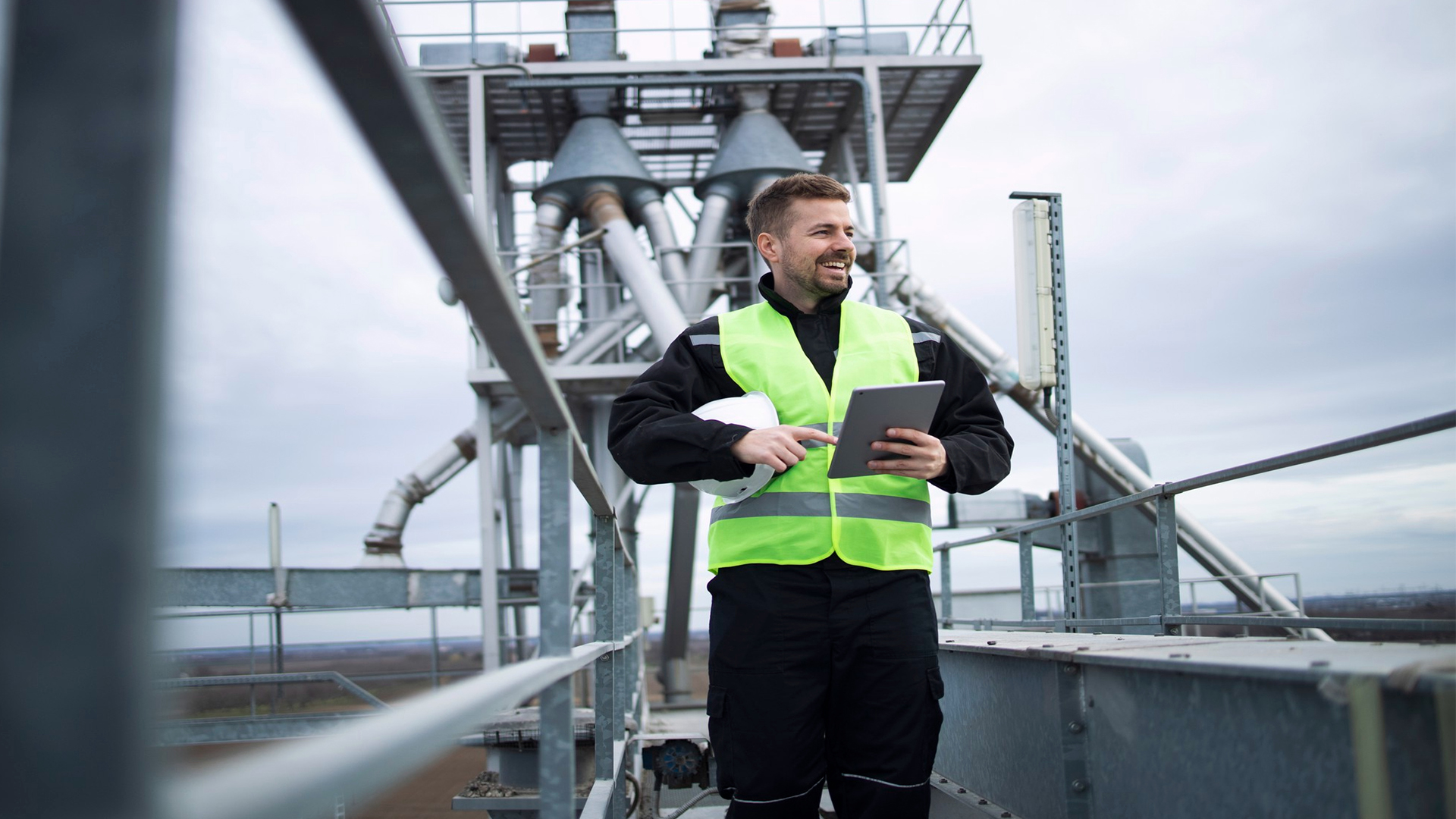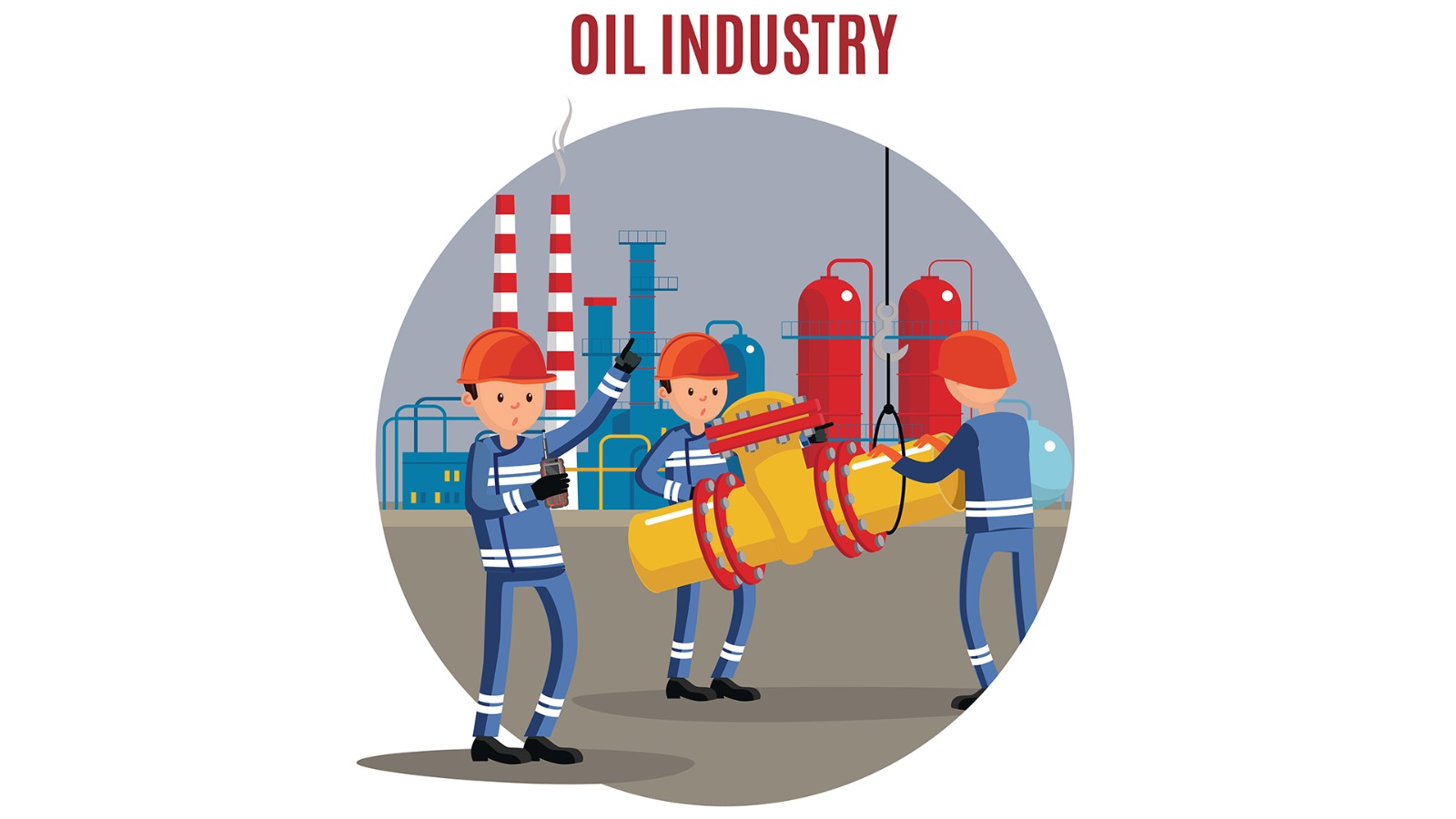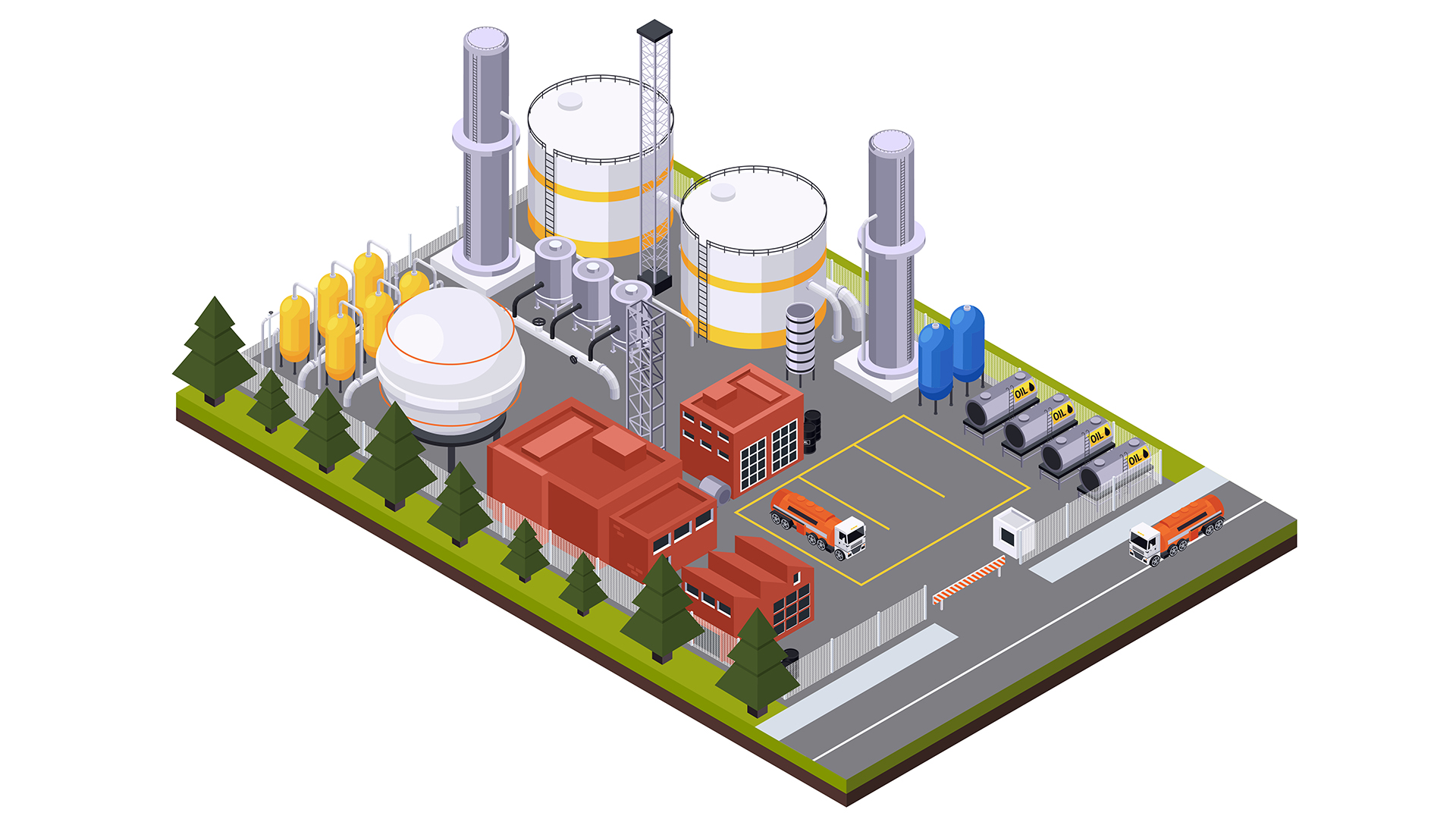
The Power Of LNG Processing And Engineering
Course overview
Production of natural gas takes a great deal of information and experience, particularly about its extraction, transportation, and processing. In order to keep ahead of the fierce competition, the liquefied natural gas (LNG) business requires sophisticated procedures and systems as well as ongoing innovation.
Gaining success in the LNG business requires expertise not only in the exploration, transportation, processing, and related activities, but also in-depth knowledge of the systems and procedures used in LNG facilities.
Engineering is important in many situations because of how sensitive this business is, including the design and choice of the kinds of tanks, vaporizers, and other pieces of equipment utilized at LNG plants.
Participants will be equipped with the knowledge and information necessary to succeed in the LNG sector after completing this Training Bee’s LNG production and plant process training course.
The course material for the Gas Production and Plant Process training program covers all critical elements that are required to comprehend how to choose and/or manage LNG plant engineering systems as well as how to effectively operate gas production systems and processes.
Participants will be given the knowledge and talents needed to perform any function in the international LNG sector, both inside and outside of your organization, by completing this training course on Gas Production and Plant Process.
Introduction
Understanding the complex procedures involved in transforming natural gas into a flexible, transportable, and effective energy source requires an introduction to the LNG (Liquefied Natural Gas) industry with a focus on gas production, plant processes, and engineering.
Natural gas sources are dispersed over the globe, making the LNG sector a worldwide business. It is essential to satisfying the energy needs of many nations, frequently acting as a cleaner and more effective substitute for coal and oil. The sector is subject to constant innovation and development as the globe works to strike a balance between energy security, environmental concerns, and economic efficiency. It incorporates a wide range of technological, environmental, safety, and economic factors. Anyone working in this dynamic and developing profession must have a solid understanding of the fundamentals of gas production, plant operations, and engineering.
We are The Training Bee, a global training and education firm providing services in many countries. We are specialized in capacity building and talent development solutions for individuals and organizations, with our highly customized programs and training sessions.
Learning Objectives
Upon completing LNG Industry: Gas Production, Plant Process and Engineering, participants will be able to:
- A thorough understanding of LNG production, as well as the engineering of numerous systems and pieces of equipment at LNG plants.
- The foresight and readiness required to evaluate existing conditions, future demand, and associated issues in order to put measures in place to stop these from having a serious influence on organizational success.
- The assurance and expertise necessary to mentor and instruct other professionals on the procedures and duties involved in producing gas as well as LNG plants.
- A person’s organization will adhere to the necessary laws and regulations if they are aware of the criteria and benchmarks that must be upheld when generating gas at LNG plants.
Our Unique Training Methodology
This interactive course comprises the following training methods:
- Journaling – This consists of setting a timer and letting your thoughts flow, unedited and unscripted recording events, ideas, and thoughts over a while, related to the topic.
- Social learning – Information and expertise exchanged amongst peers via computer-based technologies and interactive conversations including Blogging, instant messaging, and forums for debate in groups.
- Project-based learning
- Mind mapping and brainstorming – A session will be carried out between participants to uncover unique ideas, thoughts, and opinions having a quality discussion.
- Interactive sessions – The course will use informative lectures to introduce key concepts and theories related to the topic.
- Presentations – Participants will be presented with multimedia tools such as videos and graphics to enhance learning. These will be delivered engagingly and interactively.
Training Medium
This LNG Industry: Gas Production, Plant Process and Engineering training is designed in a way that it can be delivered face-to-face and virtually.
Course Duration
This training is versatile in its delivery. The training can be delivered as a full-fledged 40-hour training program or a 15- hours crash course covering 5 hours of content each day over 3 days
Pre-course Assessment
Before you enroll in this course all we wanted to know is your exact mindset and your way of thinking.
For that, we have designed this questionnaire attached below.
- What is the main natural gas source for LNG production, and where are some of the world’s largest natural gas reserves?
- Describe the main parts of a natural gas processing facility and how they help to get natural gas ready for liquefaction.
- Describe the main goals of LNG liquefaction and the significance of cryogenic temperatures in the procedure.
- What safety factors are crucial in facilities for producing and processing LNG, and how do they differ from facilities used for processing regular natural gas?
- Name the main pieces of machinery used in an LNG liquefaction plant and explain what they do in the liquefaction process.
- What are the environmental advantages of using LNG over other fossil fuels, and how do these advantages result from the LNG production process?
Course Modules
This LNG Industry: Gas Production, Plant Process and Engineering cover the following topics for understanding the essentials of the Agile Workplace:
Module 1 – Production Method for Liquefied Natural Gas
- Gas treatment.
- Liquefaction.
- Storage.
- Transport.
- Regasification
Module 2 – Major LNG Import and Regasification Terminal Equipment Components
- Arms unloading
- Pipes for cryogenics
- Tank(s) of storage
- Pumps with low pressure
- Re-condensers and compressors for Boil-Off Gas (BOG)
- Pumps for high pressure (HP)
Module 3 – Different Tanks
- Individual containment tanks
- Tanks with two containments
- Tanks with full containment
- Underground tanks with membranes
Module 4 – Principal Vaporizer Types
- Vapes with an open rack
- Vaporizers for submerged combustion
- Vaporizers for intermediate fluids
- In-room vaporizers
Module 5 – Facilities that accept LNG shipments
- LNG terminals for on-shore import
- Offshore import facilities
- Peak-shaving infrastructure
Module 6 – Processes for Gas Liquefaction Classification
- Pre-cooling of mixed refrigerants with propane
- Optimized cascade method for mixed-fluid systems
- Process using two blended refrigerants
Module 7 – Gas Transmission Network
- System of gathering pipelines
- Pipes for transmission
- System of distribution lines
- Service line apparatus
Module 8 – factors that influence gas prices
- The rise in oil prices
- Competition in gas on gas
- Two-way monopoly
- Net profit on the finished good
- Social and political regulation
- Rules: below cost
Post-course Assessment
Participants need to complete an assessment post-course completion so our mentors will get to know their understanding of the course. A mentor will also have interrogative conversations with participants and provide valuable feedback.
- Describe the benefits and main applications of liquefied natural gas (LNG) in the energy sector.
- List the main elements of a natural gas processing facility and describe how they work to get natural gas ready for liquefaction.
- What are the main goals of LNG liquefaction? How important are cryogenic temperatures to the liquefaction process?
- Identify the safety precautions and factors that make LNG production and processing facilities unique from traditional natural gas processing facilities.
- Explain the key pieces of machinery utilized in an LNG liquefaction plant as well as their functions during the liquefaction process.
- Describe the advantages LNG has for the environment over other fossil fuels and how the LNG production process helps to achieve these advantages.
Lessons Learned
The extraction, processing, liquefaction, transportation, and regasification of natural gas constitute the multi-stage, very complex process that goes into the manufacturing of LNG, as participants have probably already recognized. Each phase has its own difficulties and demands exact engineering.
Importance of Cryogenic Technology: It has become clear how important cryogenic technology is for the liquefaction, transportation, and storage of LNG. A crucial lesson learned is the importance of maintaining very low temperatures for safety and effectiveness.
Safety as a Priority: In LNG facilities, safety is a top priority. In LNG facilities and during shipping, participants have probably learned the value of strict safety regulations, risk mitigation, and accident prevention.
LNG’s environmental advantages, such as its lower carbon emissions and less air pollution compared to other fossil fuels, have been explained to the participants. They now understand how ethical engineering might improve these advantages even further.
The role of engineering is crucial in enhancing the effectiveness, safety, and environmental responsibility of LNG processes. The ability of engineering discoveries to propel industry improvements has been taught to participants.
LNG is a worldwide sector that has a big impact on geopolitical ties, international trade, and energy security. Participants now have a better understanding of how the LNG market is interconnected.
